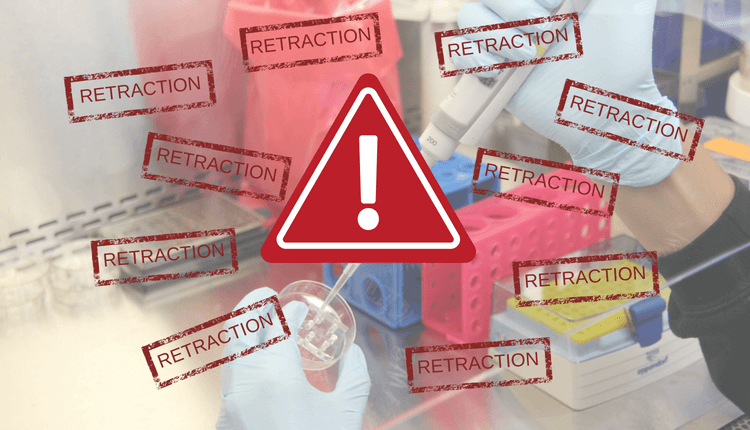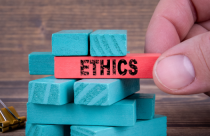Harvard Cancer Biologist Faces Retraction for the Third Time

Scientific misconduct, upon its discovery, has ripple effects throughout the academic world. Retractions still have the power to negatively impact your career. Over the years, several researchers fell prey to scientific misconduct. This time it has knocked on the gates of Harvard.
The Case of Sam Lee
Recently Nature issued a retraction in July 2018 for an article published by Harvard cancer biologist Sam Lee. Prior to the retraction, Nature had already issued two significant corrections for the paper. One of these corrections demonstrated that the authors had violated guidelines regarding the ethical treatment of lab animals by allowing tumors on mice to grow too large. The final nail in the coffin was the absence of the original data for several questionable figures in the study.
Cancer biologist William Murphy, professor and chair of dermatology and internal medicine at the University of California, Davis, highlighted why the lack of data was such a problem. He pointed out that without the primary data, it is not possible for others to know the original observations. This places the integrity of the research in question.
Interestingly, this was not Prof. Lee’s first retraction. Journals like Molecular Cell and the Journal of Biological Chemistry(JBC) retracted two of his papers previously. Molecular Cell cited “inappropriately assembled” data and figure manipulation. While, the JBC stated that an investigation concluded data manipulation in the paper.
Scientific Misconduct in the Recent Past
The growing number of retractions demonstrates how widespread wrong practices have become within the scientific community. Poorly designed incentives and high-impact journals failing to publish replication experiments may be two factors leading to the current situation. But there is no real excuse for data manipulation and fabrication.
Marc Hauser, formerly of Harvard University, is one such example. Prof. Hauser was found to have deliberately manipulated data. One example includes altered the coding of certain data points in order to obtain statistically significant results. The retraction of six of his studies followed his resignation from Harvard.
Prof. Karl Lenhard Rudolph, former director of the Fritz Lipmann Institute in Jena, was given a two-year ban on applying for funding after the Leibniz Association found him guilty of misconduct. The Association did not publicly state exactly what he had done, saying there was a problem with ‘misinterpretation’ of data.
But perhaps the most shocking involves pair of Swedish scientists, Peter Eklöv and Oona Lönnstedt, published a finding that microplastics harm young fish. The article was retracted when Lönnstedt was found to have falsified the data completely. She had not even conducted the experiments. Eklöv, as her supervisor, had failed to properly review her work. Eklöv made a public statement expressing his shock and dismay over what his colleague had done.
What Can We Do About Scientific Misconduct?
It may be that more cases of misconduct are emerging now because the scientific community is more aware of the problem. As review boards and other community members actively look for error, they are more likely to find something. But misconduct incidents undermine public confidence in scientific research. This is particularly true when cases emerge from high-profile institutions. It is important that the community continues to police itself and bring misconduct to light when it is found. This also incentivizes researchers to be more careful in their own work. But the growing number of data issues suggests deeper reforms in academia.
How can the research community reduce cases of misconduct like this? What incentives can promote scientific integrity? Please let us know what you think in the comments below.










This is indeed a great article discussing the rise in research retractions especially in the field of cancer research